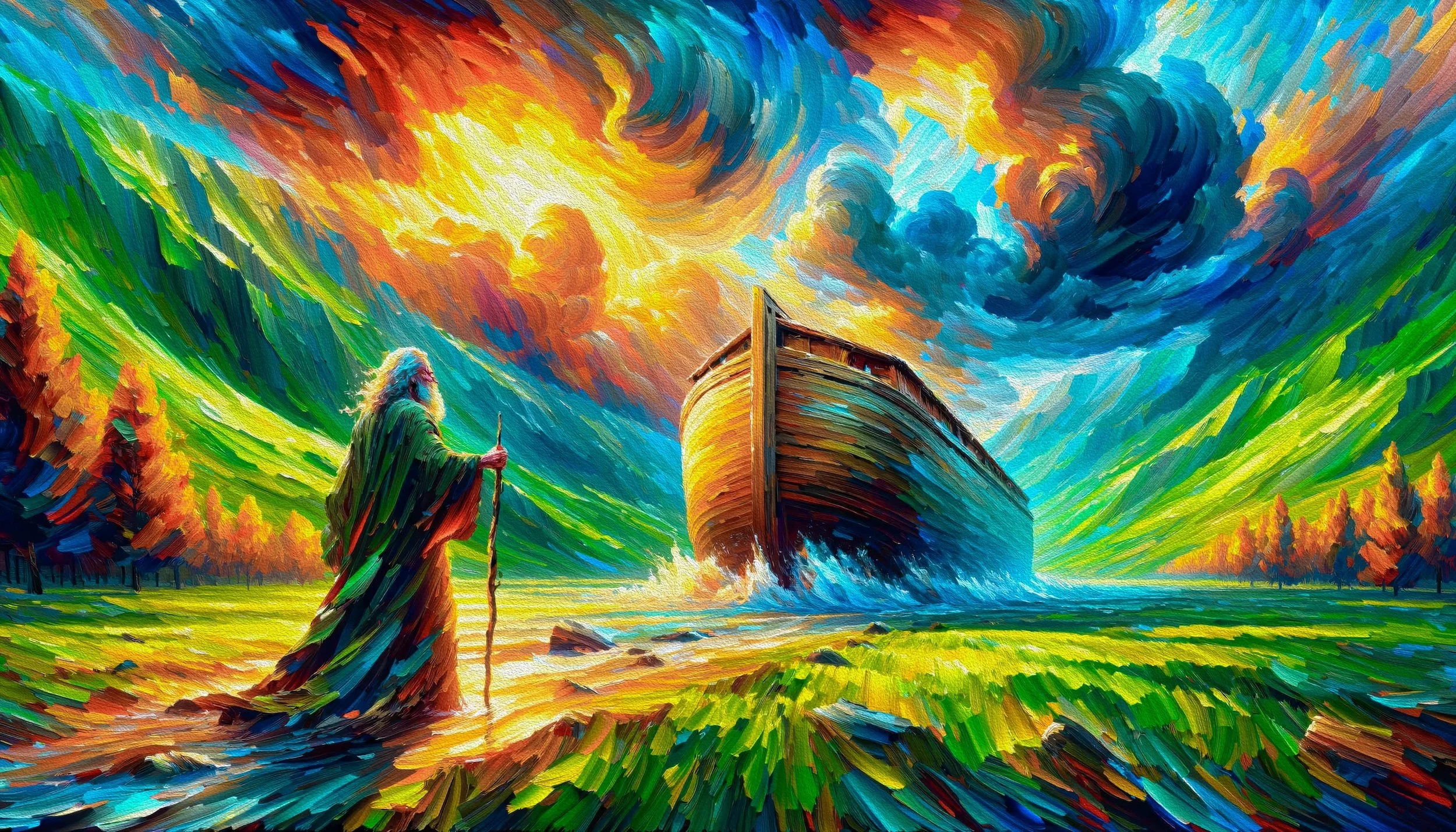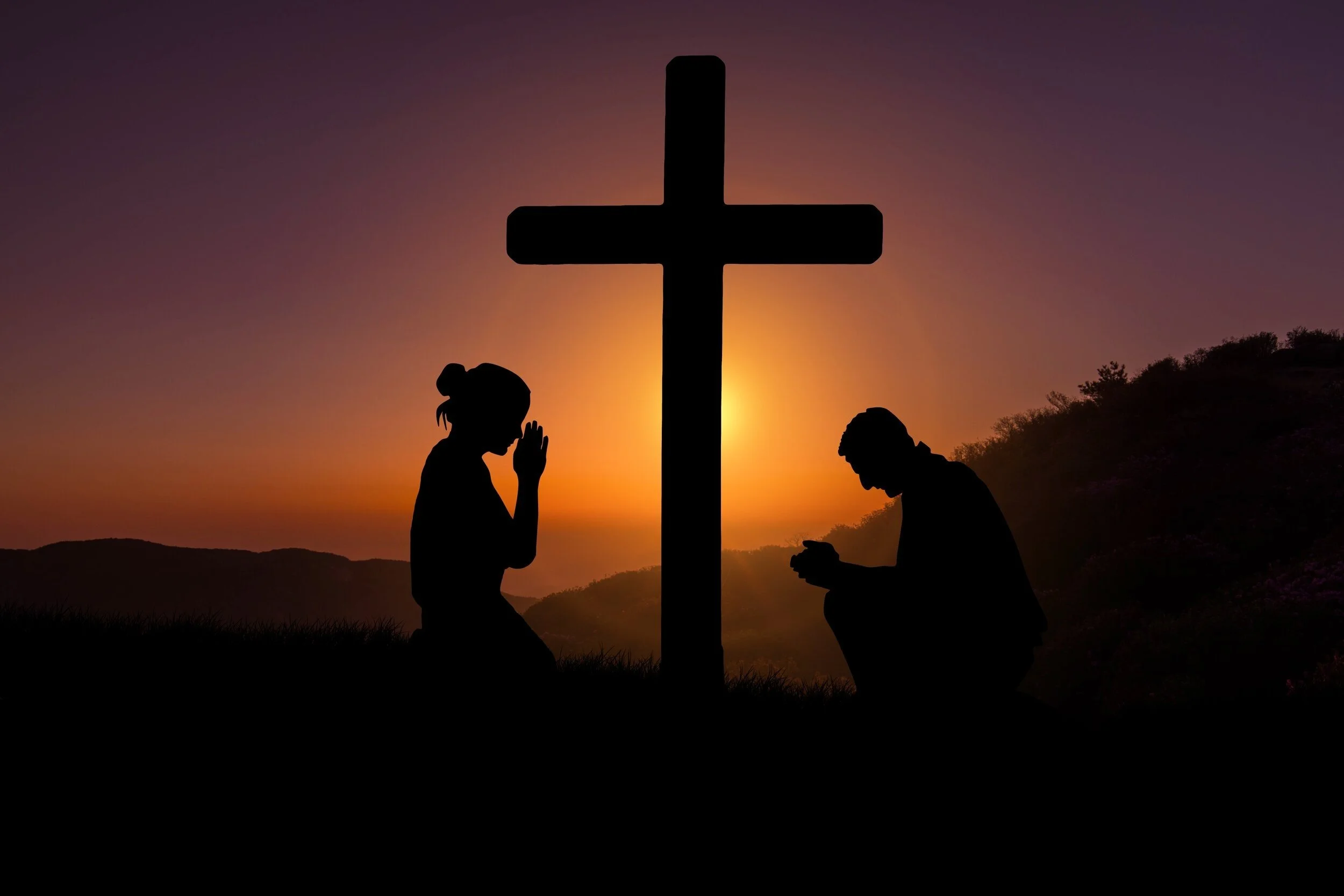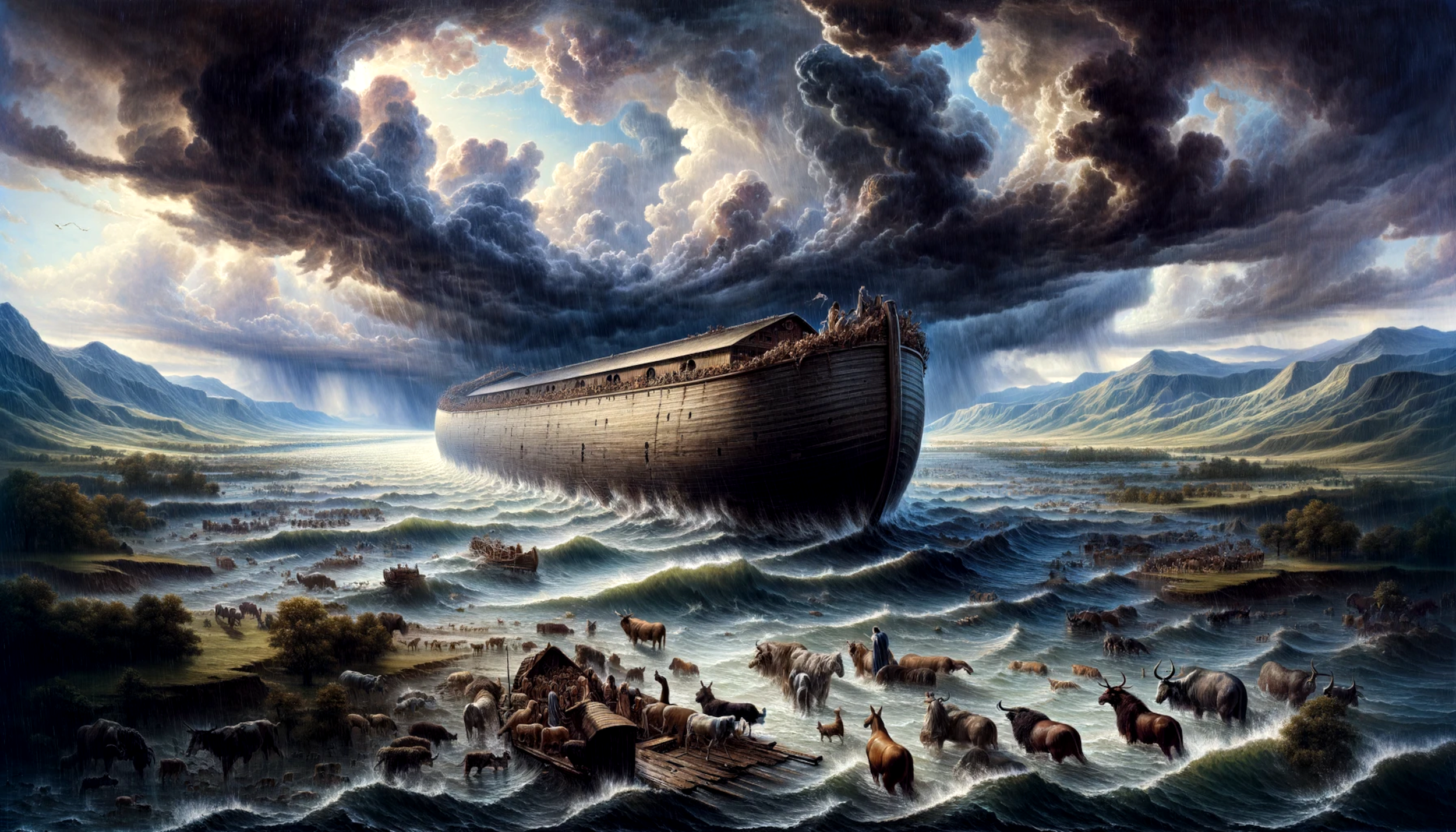“But Noah Found Favor in the Eyes of Yahveh”
Genesis 6:8
This is the account of Noah and what happens to a righteous man versus what happens to those who have everything that is evil in their hearts and minds. Noah was righteous and blameless among the people of his time, so there was a marked distinction between Noah and the rest of humanity. At the end of the age when the Almighty comes to pour out the fire of His jealous wrath, He said these words concerning the righteous, “‘They will be Mine,’ says Yahveh of hosts, ‘on the day that I prepare My own possession, and I will spare them as a man spares his own son who serves him.’ So you will again distinguish between the righteous and the wicked, between one who serves the Lord Yahveh and one who does not serve Him” (Malachi 3:17-18).
Our loving God is longing to bless and bring a people through destruction into blessings, into His kingdom, to be His very own forever. He longs for that. The question is, do we long for that? He wants closeness with us and for us to want closeness with Him. He wants us to be righteous; so we are to “hunger and thirst for righteousness” so He can bless and fill us (Matthew 5:6). He is looking for a people who are in agreement with Him so that He can be blessed and rejoice over us instead of grieving and being pain-ridden that He created us. He says that, “My Spirit shall not strive with man forever…” (Genesis 6:3). “…Noah was a righteous man, blameless in his time; Noah walked with God” (Genesis 6:9). Most of the time when we read the biblical accounts (except for Enoch), it says that they lived so many years. Enoch and Noah walked with God. Enoch did not die; he was translated out of the earth into the presence of Yahveh, his beloved, because he was pleasing to the Almighty (see Hebrews 11:5). All the other ones lived and they died. We do not want it on our tombstones that we lived and we died. We just want a big but. But (our name) was a righteous (man or woman) and blameless in the sight of Yahveh.















